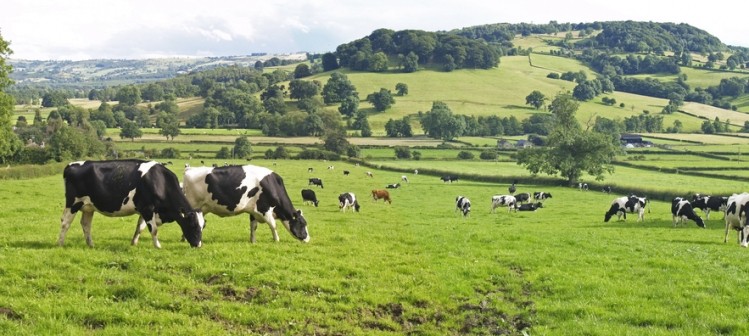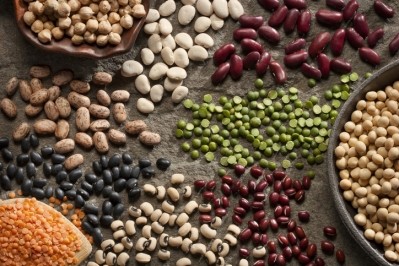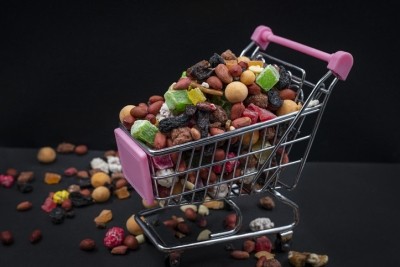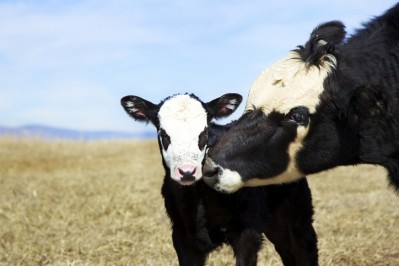Tesco dairy farmers and WWF team up on trial testing environmentally friendly feedstocks

Through the scheme, 15 farmers in Tesco’s Sustainable Dairy Group (TSDG) have been given an 80% seed subsidy to plant herbal leys – a grass mix of plants, legumes and herbs, used as feed for dairy cows.
A study in the Irish Journal of Agriculture and Food Research found binary- and multi-species sown mixtures may increase herbage yield and/or reduce inorganic nitrogen requirement compared to perennial ryegrass.
And research published by the British Ecological Society (BES) indicated that multi-species grassland mixtures increase yield stability, even under drought conditions.
If this initial project is successful, there could be an opportunity for more TSDG farmers to take part in the scheme, said Tesco and WWF, with those organizations looking to subsidize seed costs for the next two years.
Tesco agriculture manager, Tom Atkins, said the herbal leys project should bring huge benefits in terms of soil health and biodiversity.
The seed mix, according to Tesco and WWF, has a number of benefits over conventional grass fields including:
- Increase on-farm biodiversity: different plant species attract a range of insects and pollinators, as well as birds and other wildlife.
- Reduce carbon footprint: some of the legumes take in nitrogen so do not need as much artificial nitrogen fertilizer to grow. Over time, they also sequester more carbon in the soil than conventional ryegrasses.
- Improve soil health: different plant species have varied and deeper rooting structures than conventional ryegrasses. This in turn increases resilience in the face of adverse weather conditions like drought.
- Improved water quality: improved root structures minimize soil erosion and fertilizer run-off.
- Improve animal health: different plant species provide nutritious food for the animals and can even increase immunity from some diseases.
Cutting carbon emissions
The herbal leys trial is part of Tesco’s ongoing partnership with WWF that is looking to halve the environmental impact of the average shopping basket and is just one initiative in a range of measures aimed at cutting carbon emissions and improving biodiversity on TSDG farms.
TSDG farmers, says Tesco, have reduced their carbon emissions by 6.5% since 2016, and the retailer now wants to help those producers reduce their emissions by a further 10% by 2025.
The TSDG was formed in 2007 to help tackle some of the challenges in the dairy sector. The Group now consists of 563 UK dairy farmers who are said to be guaranteed a ‘fair, above cost of production price’ for their milk. The price provided to farmers is independently reviewed and set on a quarterly basis to take into account changes in the cost of production, said Tesco.










